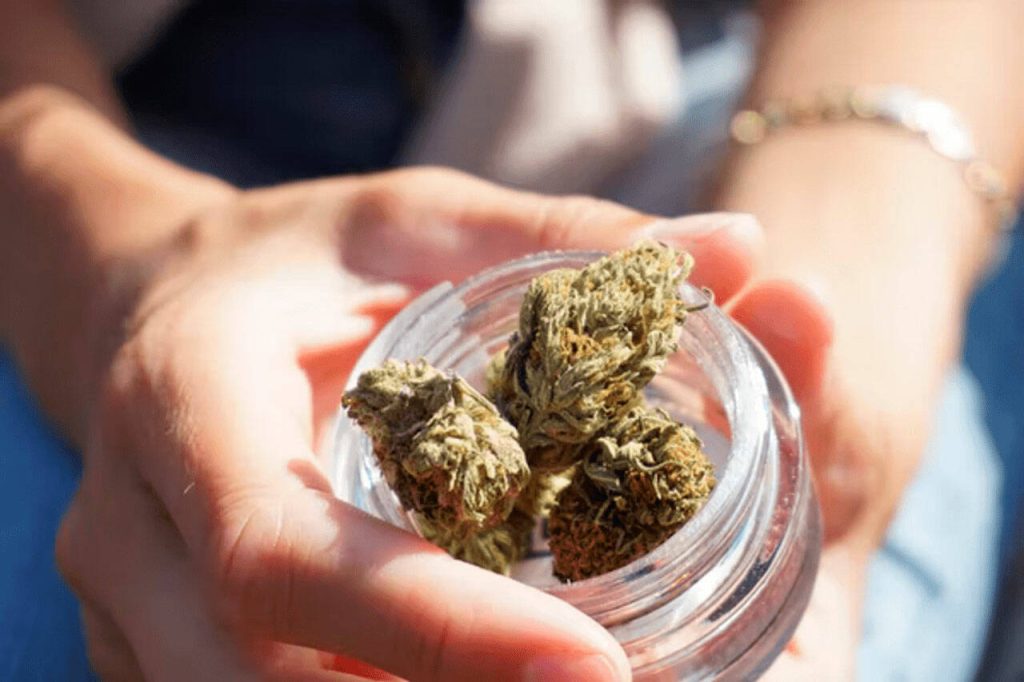THCa flower is revolutionizing the landscape of medical cannabis, offering a promising alternative to traditional cannabinoid treatments. THCa, or tetrahydrocannabinolic acid, is the precursor to THC, the well-known psychoactive compound in cannabis. Unlike THC, THCa is non-psychoactive, which makes it an appealing option for patients seeking therapeutic benefits without the high associated with cannabis use. In its raw form, THCa is abundant in fresh cannabis flowers and provides a range of potential benefits. Research into THCa is still emerging, but preliminary findings suggest that it may play a crucial role in managing various medical conditions. One of the primary advantages of THCa is its anti-inflammatory properties. Inflammation is a common underlying factor in numerous chronic conditions, including arthritis, autoimmune disorders, and gastrointestinal diseases. By reducing inflammation, THCa may help alleviate symptoms and improve quality of life for patients suffering from these conditions.

Additionally, THCa has shown potential in neuroprotection. Studies have indicated that THCa may have neuroprotective properties, which could be beneficial in treating neurodegenerative diseases such as Parkinson’s and Alzheimer’s. The ability to protect nerve cells from damage and degeneration is a significant area of interest for researchers and offers hope for patients dealing with these debilitating conditions. Another critical aspect of THCa is its potential antiemetic effects. Nausea and vomiting, often associated with chemotherapy and other treatments, can significantly impact a patient’s well-being. THCa may help reduce these symptoms, providing a valuable tool for patients undergoing treatments that cause gastrointestinal distress. By addressing these side effects, THCa can enhance the overall treatment experience and contribute to better patient outcomes.
Furthermore, THCa is gaining attention for its potential role in managing mood disorders such as anxiety and depression. While more research is needed, initial studies suggest that THCa might have an impact on mood regulation and mental health, offering another avenue for patients seeking relief from mental health challenges to buy bulk thca. The administration of THCa also presents new opportunities in cannabis consumption methods. Unlike traditional THC-dominant products, THCa-rich strains can be used in various forms, such as raw cannabis consumption or extracts that preserve THCa levels. This versatility allows patients to explore different ways to integrate THCa into their therapeutic regimens, potentially enhancing their treatment experience. As the medical cannabis industry continues to evolve, THCa flower represents a significant advancement in understanding and utilizing the full spectrum of cannabinoids. Its non-psychoactive nature, combined with its potential therapeutic benefits, makes THCa an exciting development for patients and healthcare providers alike. Ongoing research and clinical trials will be crucial in fully realizing the potential of THCa and integrating it into effective medical cannabis treatments.
